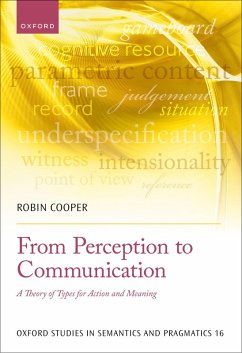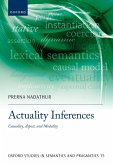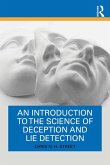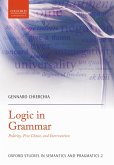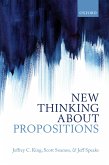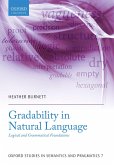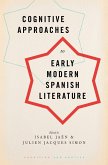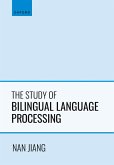This is an open access title available under the terms of a CC BY-NC-ND 4.0 International licence. It is free to read at Oxford Scholarship Online and offered as a free PDF download from OUP and selected open access locations. This book characterizes a notion of type that covers both linguistic and non-linguistic action, and lays the foundations for a theory of action based on a Theory of Types with Records (TTR). Robin Cooper argues that a theory of language based on action allows the adoption of a perspective on linguistic content that is centred on interaction in dialogue; this approach is crucially different to the traditional view of natural languages as essentially similar to formal languages such as logics developed by philosophers or mathematicians. At the same time, he claims that the substantial technical advantages made by the formal language view of semantics can be incorporated into the action-based view, and that this can lead to important improvements in both intuitive understanding and empirical coverage. This enterprise uses types rather than possible worlds as commonly employed in studies of the semantics of natural language. Types are more tractable than possible worlds and offer greater potential for understanding the implementation of semantics both on machines and in biological brains.
Dieser Download kann aus rechtlichen Gründen nur mit Rechnungsadresse in A, B, BG, CY, CZ, D, DK, EW, E, FIN, F, GR, HR, H, IRL, I, LT, L, LR, M, NL, PL, P, R, S, SLO, SK ausgeliefert werden.

